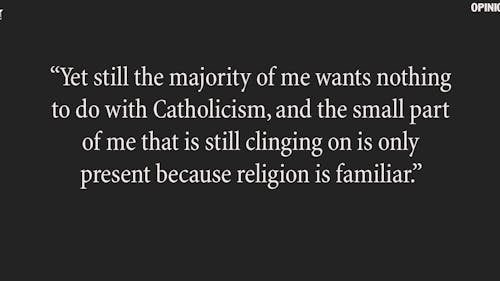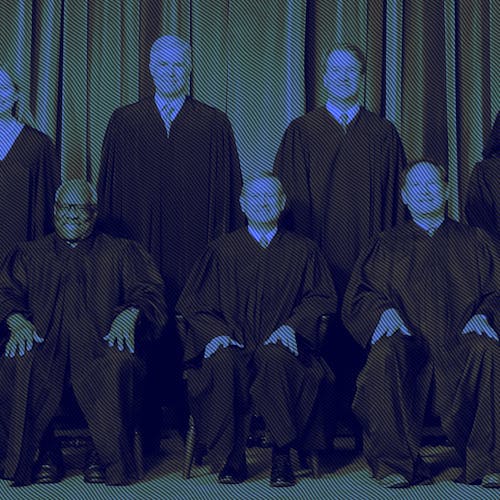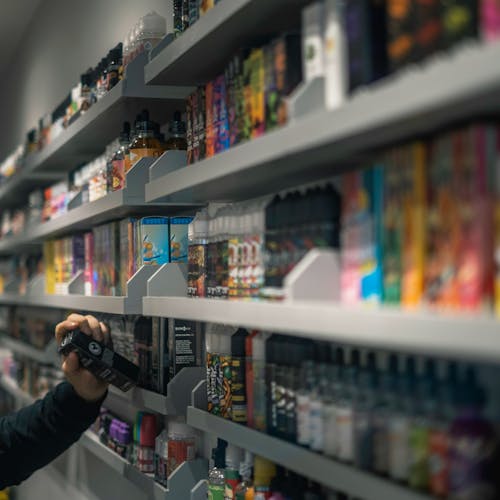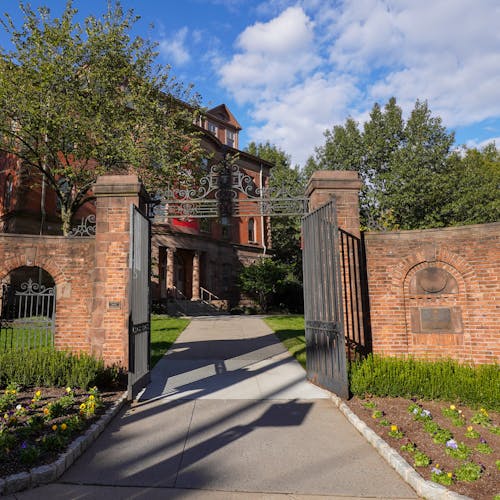SAINT-FORT: On questioning faith, reconciling with colonialism

Being Christian — Roman Catholic specifically — has always been a large part of my identity. Growing up there was no such thing as missing church or Sunday school. From the time I was old enough to attend service, until a little less than a year ago, religion dictated the majority of my actions. My perseverance, dedication and resilience has always been rooted in a steadfast sense of self, operating in tandem with my religious beliefs. While I have indeed faded in and out of religion over the years, I’ve never completely strayed. When I was in fourth grade I remember bringing books to read during the homily, because I didn’t particularly care about what was being said. I remember the first time I picked up the gathering book to actually follow along with the service. I recall nonchalantly going through to sacramental motions of confession, first communion and confirmation. And I remember being so broken at times that hearing words during any particular service would bring me to tears.
Yet still the majority of me wants nothing to do with Catholicism, and the small part of me that is still clinging on is only present because religion is familiar.
The memories I have from going to church mark the start and finish to every chapter of my life. In my darkest hours I have always turned to religion as the answer. Growing up I was in children’s and youth choir and did a very short stint as an alter server. Similarly I was a Sunday school volunteer and a member of my parish youth ministry — all decisions I made on my own, my parents never forced me to make these religious commitments. When I went to school in Boston I attended St. Cecilia’s Parish and would gladly walk myself to service every Sunday morning, rain or shine. And it baffles me to think that all these memories are intertwined with those belonging to others as well, proving religion creates a sense of community.
One Sunday when I was either 17 or 18, an elderly woman came up to me after the day’s service concluded. She said something to the effect of, “I’ve known you since you were in your mothers belly, now look at how grown up you are.” And I feel the same way about other children and people I’ve seen in my parish. I’ve watched them grow before my eyes thanks to countless hours spent sitting, standing or kneeling in the hard wooden pews of my parish.
I recount all this to point out how large and seemingly passive a role religion has played in my life. As I’ve moved through the many stages of my life thus far, church and religion have been the only constant.
So now I’m struggling with reconciling the idea of religion and the fact that this was something forced upon my people. The only reason I see symbolism in a cross, a chalice of wine or pool of holy water is because a European man or group of missionaries forced this belief upon my ancestors. It’s inorganic, which disrupts everything I’ve ever known to be true. The decisions I made to be an active member of my church community were never really mine to make. I have no clue what religion I would worship — if at all — if it hadn’t been for European colonizers and the transatlantic slave trade. And in acknowledging all of this muddled allegiance to a European monolith, I still feel a tremendous sense of guilt when I don’t go to church.
Even now when I’m home on the weekends, every Sunday morning, my father knocks on my bedroom door, his Haitian drawl calling out to me, “Yvanna, you’re going to be late for church.” Most Sundays I timidly reply, “I’m not going” or “I have work.” I feel the dejection in his voice as he mutters, “Okay,” and readies himself for a service he’ll endure alone. But I can’t bring myself to go, not while I’m still sorting all of this out.
So presently, I’m a little lost. What do my over two decades of dedication to an essentially imagined faith really mean? What happens if I fall upon dark times again, and my faith is not enough to sustain me? It’s a bridge that I’ll most assuredly cross should I ever meet it, but that’s the insanity of colonialism. Centuries later I feel the impact of what primordial European colonists did to my people. And what’s more painful than seeing my devotion to Roman Catholicism as a sham, is that acknowledging this insanity often falls upon deaf ears.
Yvanna Saint-Fort is a School of Arts and Sciences senior majoring in political science and journalism and media studies with a minor in public policy. Her column, "Charged Up," runs on alternate Wednesdays.
___
YOUR VOICE | The Daily Targum welcomes submissions from all readers. Due to space limitations in our print newspaper, letters to the editor must not exceed 500 words. Guest columns and commentaries must be between 700 and 850 words. All authors must include their name, phone number, class year and college affiliation or department to be considered for publication. Please submit via email to oped@dailytargum.com by 4 p.m. to be considered for the following day’s publication. Columns, cartoons and letters do not necessarily reflect the views of the Targum Publishing Company or its staff.



